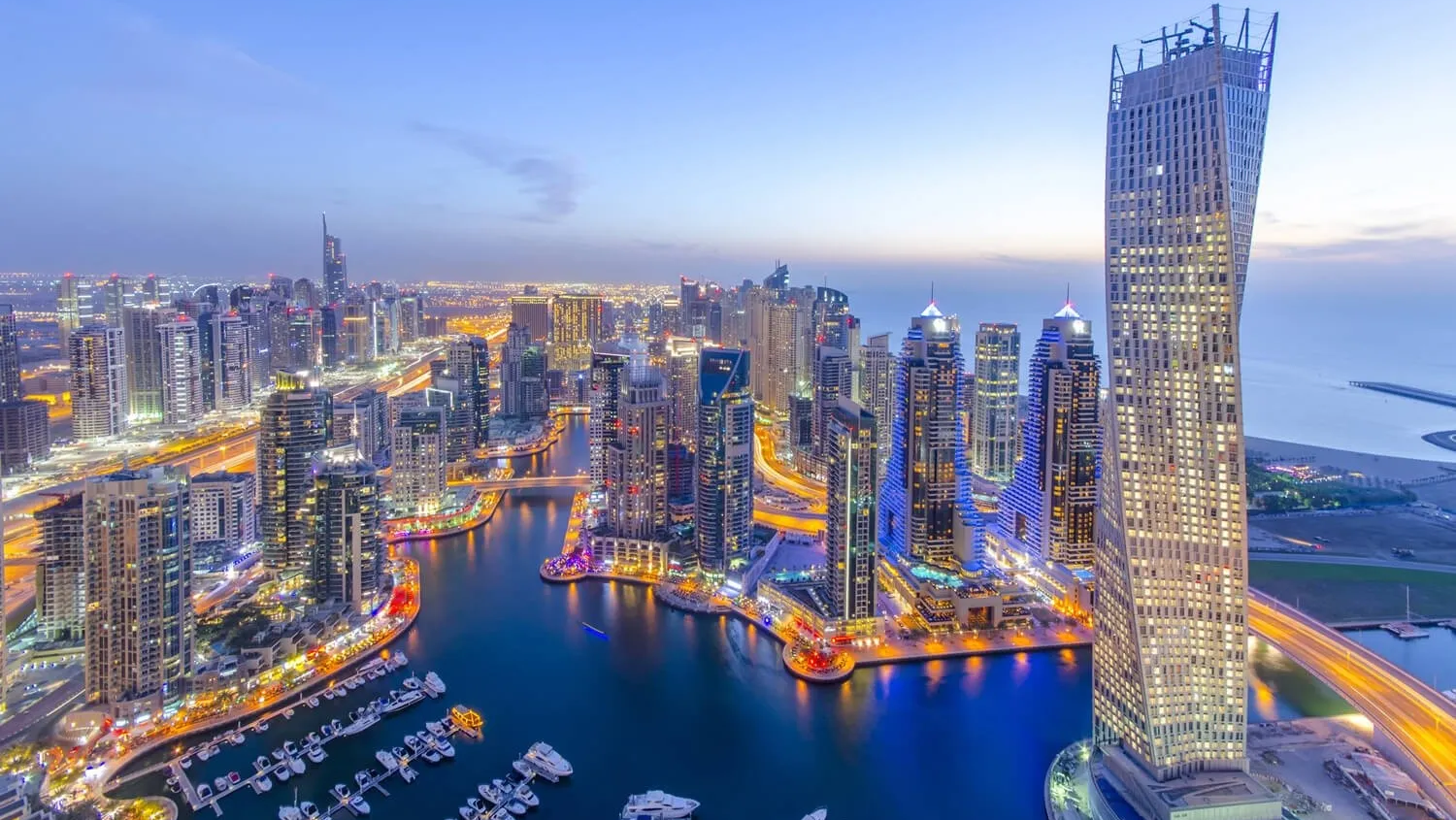
Dubai has always been known as a city that embraces innovation and technology. In recent years, the city has made significant progress in integrating artificial intelligence (AI) and automation into various sectors. From government services to transportation, healthcare, and business operations, Dubai is leveraging these advanced technologies to improve efficiency, reduce costs, and provide better services to residents and visitors.
Dubai has been a pioneer in using AI to transform government services. The city’s government has introduced multiple AI-powered initiatives to make daily operations faster and more efficient. For instance, AI chatbots are now widely used in government portals to answer residents’ questions and provide assistance 24/7. This reduces the need for long queues and waiting times at government offices.
In addition, AI is being used to analyze large volumes of data to improve decision-making processes. By understanding trends and predicting outcomes, Dubai authorities can plan better urban projects, improve traffic management, and respond quickly to emergencies. Automation tools help in handling routine tasks, allowing government employees to focus on more strategic and creative work.
Dubai is also a global leader in adopting AI and automation in its transportation sector. The city is home to autonomous vehicles and smart traffic management systems. Self-driving taxis and buses are being tested and deployed to provide safer and more efficient public transport. AI-powered traffic systems analyze real-time data from cameras and sensors to reduce congestion, optimize traffic lights, and improve road safety.
The Dubai Roads and Transport Authority (RTA) has launched multiple initiatives using AI to enhance mobility. Smart parking solutions, predictive maintenance for public transport, and AI-driven route optimization are just a few examples of how technology is transforming the way people travel in the city.

Healthcare in Dubai has also benefited significantly from AI and automation. Hospitals and clinics now use AI algorithms to assist in diagnostics, treatment planning, and patient monitoring. These tools help doctors make faster and more accurate decisions, leading to better healthcare outcomes.
For instance, AI-powered imaging systems can detect abnormalities in medical scans more accurately than traditional methods. Automated patient management systems ensure appointments, treatments, and follow-ups are well organized, improving the overall experience for patients. The integration of AI in healthcare also allows for personalized treatment plans based on a patient’s medical history and predictive analytics.
Dubai is a hub for business innovation, and companies in the city are actively embracing AI and automation to stay competitive. From finance and retail to real estate and logistics, businesses are using AI to analyze market trends, optimize operations, and improve customer experiences.
Retailers, for example, use AI tools to predict demand, manage inventory, and personalize shopping experiences. In finance, AI helps banks detect fraud, assess risks, and provide customized financial advice. Real estate developers in Dubai are also leveraging AI to predict property market trends and optimize project planning. Automation in industries helps reduce operational costs while increasing efficiency and productivity.

Dubai’s AI initiatives are not limited to individual sectors. The city is part of a broader vision to become one of the smartest cities in the world. Smart city technologies use AI to connect infrastructure, services, and people. This includes smart energy management, intelligent waste management, and AI-driven environmental monitoring.
The Dubai AI Roadmap outlines the city’s long-term strategy to integrate AI into everyday life. The government works closely with private companies, startups, and educational institutions to promote research, innovation, and adoption of AI technologies. This collaborative approach ensures Dubai remains at the forefront of global AI developments.
While Dubai has made remarkable progress, there are challenges in fully implementing AI and automation. Privacy concerns, cybersecurity risks, and the need for skilled professionals are some of the issues that the city must address. However, ongoing investment in education, training programs, and AI research is helping overcome these challenges.
Experts believe that in the coming years, AI and automation will become even more integrated into Dubai’s daily life. The city’s focus on innovation, coupled with government support and private sector collaboration, is likely to create a more efficient, sustainable, and technologically advanced urban environment.
Dubai’s journey with AI and automation is a clear example of how technology can transform a city. From government services and healthcare to transportation and business, AI is reshaping the way the city operates. With continuous investment in smart technologies, Dubai is not only improving the quality of life for its residents but also setting a global standard for how cities can embrace the future.
Do Follow Estate Magazine on Instagram
Read More:- Dubai Workplaces 2025: Simple Ways to Improve Work-Life Balance
